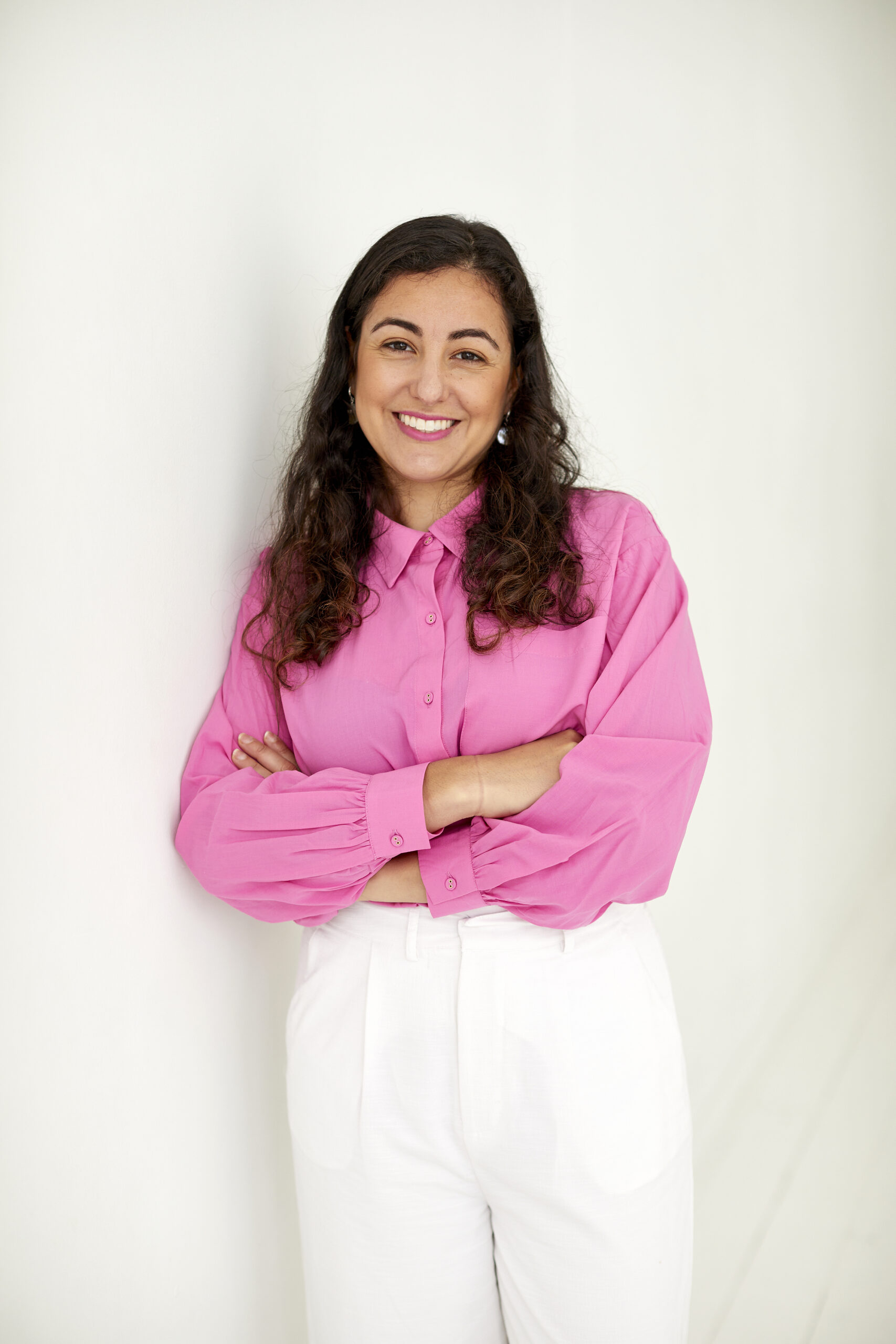
Can you tell us a bit about your professional background?
I’ve always loved science, health, and food, so I studied food science and nutrition as an undergraduate. During an honours year, I completed a pilot study to see whether vitamin D supplementation in healthy community-dwelling older adults helped with neuroplasticity. I also wanted to become a dietitian, so I then went on to complete my Masters in Dietetics at Deakin University. After working in research and private practice for a few years, I decided I needed a new challenge. I wanted to specialise in women’s health, so I completed a PhD at Monash University, as part of the Monash Centre for Health Research and Implementation at Monash Health Hospital, graduating in 2020. My PhD looked at developing a community-based lifestyle program for women with polycystic ovary syndrome (PCOS).
Can you tell us a bit about yourself, on a personal level?
I love cooking (less for me and more for others!), with a greater appreciation for savoury meals rather than desserts. I like the challenge in altering a recipe to make it healthier, whilst still keeping up with the taste. Otherwise, I enjoy exercise sessions at the gym, because I love the post-work out feeling and the social aspect that comes with regularly attending the classes. In my spare time, I relax by reading, walking our two dogs, having a coffee with a friend (or by myself) in a café, or numbing my brain over a chick flick.
What areas of women’s health are you particularly passionate about?
I specialise in dietary therapy for people with polycystic ovary syndrome, endometriosis, infertility, and/or osteoporosis or osteopenia. As part of these conditions, I then help with gut issues, high cholesterol, diabetes, and autoimmune conditions such as thyroid dysfunction or coeliac disease.
Of these areas, my greatest passion would be endometriosis and PCOS. I myself have endometriosis, whilst I know many people who have either PCOS, endometriosis, or both. For these reasons, I have a great interest in these areas, as I have a personal connection with how these conditions impact someone’s quality of life, and the struggles that may come with them.
What can patients expect when they come to see you?
Such a great question! Most people think seeing a dietitian means eating less or aiming for weight loss but it’s SO much more than that!
Prior to seeing me, I do ask that people complete a 2-day food diary and a pre-consultation questionnaire, to give me a better understanding of their eating behaviours, background, and goals before I start working with them. It also helps better utilise time during the initial session.
The initial consultation is 60 minutes, and focuses on setting realistic nutrition goals, as well as understanding additional information regarding medications, supplements, previous dietary changes, relationship with food, and medical history. We then start going through initial dietary changes coupled with education, so you understand the ‘why’ of what I suggest for you.
Reviews are 45 minutes, and consist of continued education and dietary recommendations, as well as necessary adjustments following implementing the dietary therapy. We also check-in to see how you are tracking towards your nutrition goals, with the aim of enabling you to self-manage your dietary changes at home, without my help!
Overall, dietary therapies are specialised to your needs and realistic to your current circumstance, preferences and lifestyle.
Can you discuss a particularly rewarding or memorable experience you’ve had working with a patient? What did you learn from that experience?
To be honest, I have many, but a recent memorable experience was when working with a woman with endometriosis and experienced debilitating pelvic pain for many years as well as migraines and gluten sensitivity. After 6 weeks, she was in disbelief and also very thankful as she had minimal pelvic pain, no headaches, no longer living on pain relief medications to get out of bed, and her bowels were regular. She was feeling the healthiest and most energetic she had been for many years, through dietary changes alone. It was very rewarding to see the drastic change and observe how someone can improve their quality of life relatively quickly!
Finally, what do you hope patients take away from their interactions with you and the Maven Centre?
I hope that when people work with me at the Maven centre all people go away:
- Eating in a way that they enjoy, that nourishes their body, whilst also helping to reduce their symptoms and optimise their quality of life.
- Having a better relationship with food
- Feeling confident in their food choices, knowing how to practically make the changes and feeling very in control in doing so.
- Empowered and having improved knowledge in what dietary behaviours are best for their body and why
- Overall feeling much healthier, energetic and happier to do the things they want to do